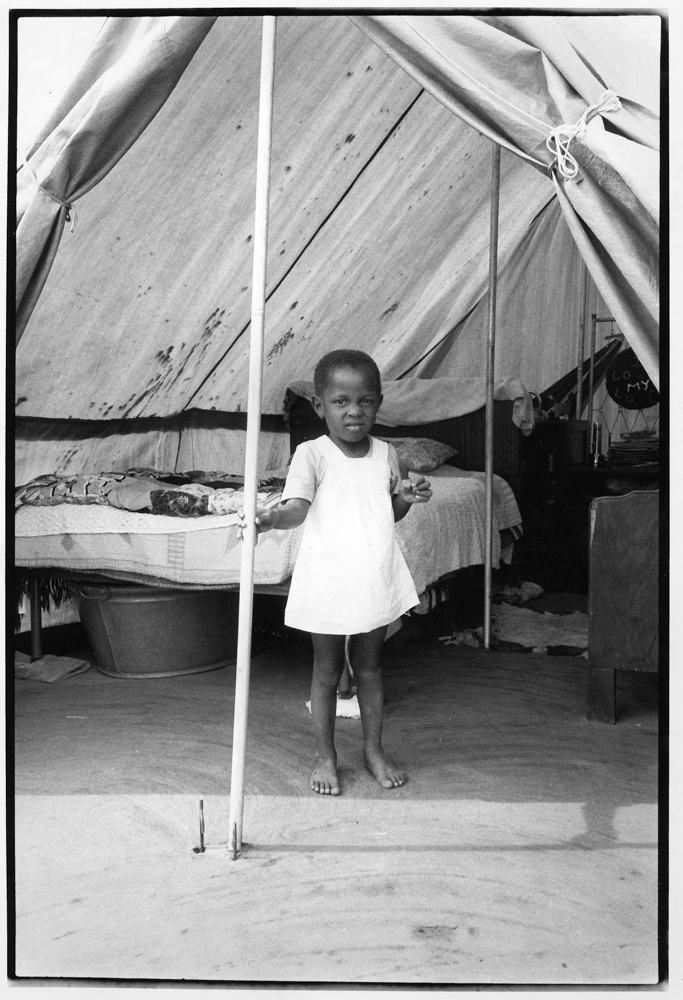Inspired by The Cordoned Heart
Photographs by Catherine Dodge Smith
"Man's goodness is a flame that can be hidden but never extinguished." Nelson Mandela
It was 1986 and my partner and I were invited to meet up with an amazing, dedicated group of South African photographers who were touring with their book and exhibit, South Africa, the Cordoned Heart. I traveled with them to South Africa to photograph the upheaval of the country. I had just finished photography school, and my teachers looked balefully at me as I casually mentioned our plans. The violence on the nightly news was intimidating. Looking back now, more than thirty years, I can see how naive I was. With the best of intentions, my cameras, my wits, and a shaky sense of history, I was determined to take pictures that would somehow help end apartheid's system of power and control. I was going to be part of the good fight.
I came from a family of social workers and nurses, helpers and healers. My mother was an army nurse, but soon after I was born she was institutionalized, spiraling downwards. I wanted to be the opposite, spiraling up and out, connecting with the world and helping those in need. I had to face my fears, go into the unknown. Could I make photographs that people would want to look at, let alone be moved by?
South Africa was a beautiful country, but at war with its people. The stress and intensity of the time wore on me. My hair fell out and it was hard to eat. More important, many who I worked with, including those in the labor unions, were threatened with violence, taunted by police that they wouldn't see the new year. Still, I was a willing visitor in this turmoil. I could leave at any time.
There were moments of exhilaration and sweetness; accompanying an Indian baker on his Sunday bread runs to Khayelitsha township, tossing the rolls to laughing children; celebrating with the members of an area that had resisted and won against relocation efforts by the white minority; living on a Cathcart cattle farm photographing the beauty in daily chores and tea time. Small victories.
I was rebuked by white South Africans more than once, who advised me to leave and direct my questions and judgements towards my own country and its crimes. This then was the beginning of my work. Upon my return home I made sure those hard won photographs were seen and published in the world. I dedicated myself to photographing social issues including those of racism, human rights, treaty rights, homelessness, drug addiction, and documenting the lives of people with special needs in the Camphill movement.
I think often of my photograph showing warmth between a white child and the black nanny who cared for her. How can a love like this turn to hatred? Governments turn people against each other, devaluing people because of skin color. Black lives always matter.
Catherine Dodge Smith
Catherine Dodge Smith is a documentary photographer, concentrating on social issues. She was one of the founding members of Impact Visuals Photo Agency- a cooperative of progressive photographers around the world. Catherine worked in South Africa during a state of emergency in 1986, and then returned to New York to document racism and inequality in her own neighborhood and country.
In 2001 her daughter Dodge was born with Down Syndrome, connecting Catherine with Camphill Communities and the creative and spiritual impulse to support all humans in their striving for wholeness.























